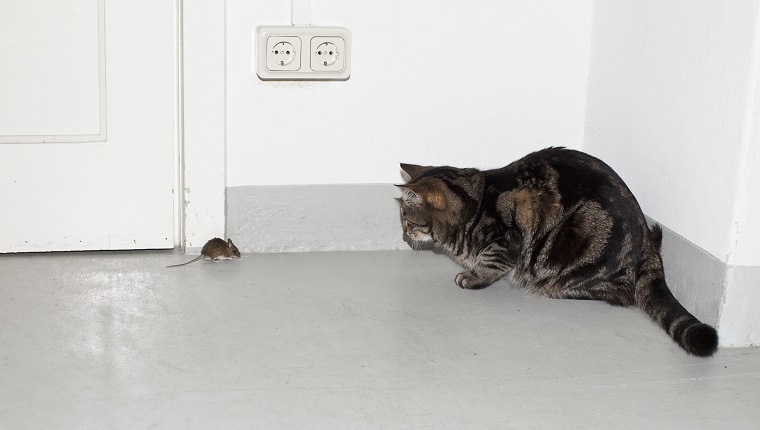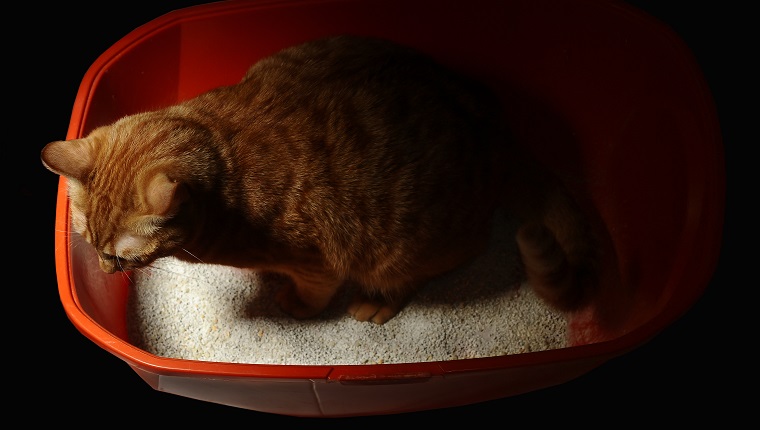Intestinal worms in cats generally appear when felines ingest worm eggs or worm larvae. This usually happens when a cat steps in infected feces and then self grooms.
Intestinal worm infestation is a common condition in cats. It can be more serious for kittens. Luckily, vets treat this issue frequently, and with the right preventive measures, you can lessen the chances of your cat getting worms.
If you see signs that your cat might have intestinal worms, consult your veterinarian for a proper diagnosis and course of treatment. Here’s what you should know about the symptoms, causes, and treatments for intestinal worms in cats.
Symptoms Of Intestinal Worms In Cats
Intestinal worm infestation in cats is a condition that often presents itself in the cat’s eating and digestion habits. It’s important to make a note of any symptoms and consult a vet for a proper diagnosis.
Here are some of the common symptoms that might appear in a cat who has intestinal worms:
- Diarrhea
- Less of an appetite
- Vomiting
Causes Of Intestinal Worms In Cats

The main cause of intestinal worms in cats is eating worm eggs or larvae. There are a number of ways that this can happen, and they often crop up in day-to-day feline life.
The roundworm is the most common type of intestinal worm for felines, although others do exist, including hookworms and tapeworms.
Here are some possible causes of intestinal worms in cats:
- A cat grooming themselves after stepping in infected feces
- A cat eating vermin that carry worm larvae
- A kitten being nursed by an infected mother cat
Treatments For Intestinal Worms In Cats
If you suspect your cat has worms, your vet will examine the cat and then usually test a stool sample. This might involve sending the stool sample to a lab. In other cases, vets may also order blood tests.
If your vet confirms that your cat is suffering from intestinal worms, oral medication is the most common way to treat the condition. Medicines for intestinal worms in cats are considered safe even for young kittens.
Your vet will order a repeat stool sample after the course of treatment to check that your cat is clear of intestinal worms. They may also suggest lifestyle changes, like keeping your cat indoors to avoid exposure to worm larvae and eggs.
Have you dealt with an intestinal worm infestation in your cat? How did your vet treat it? Tell us about it in the comments below!









